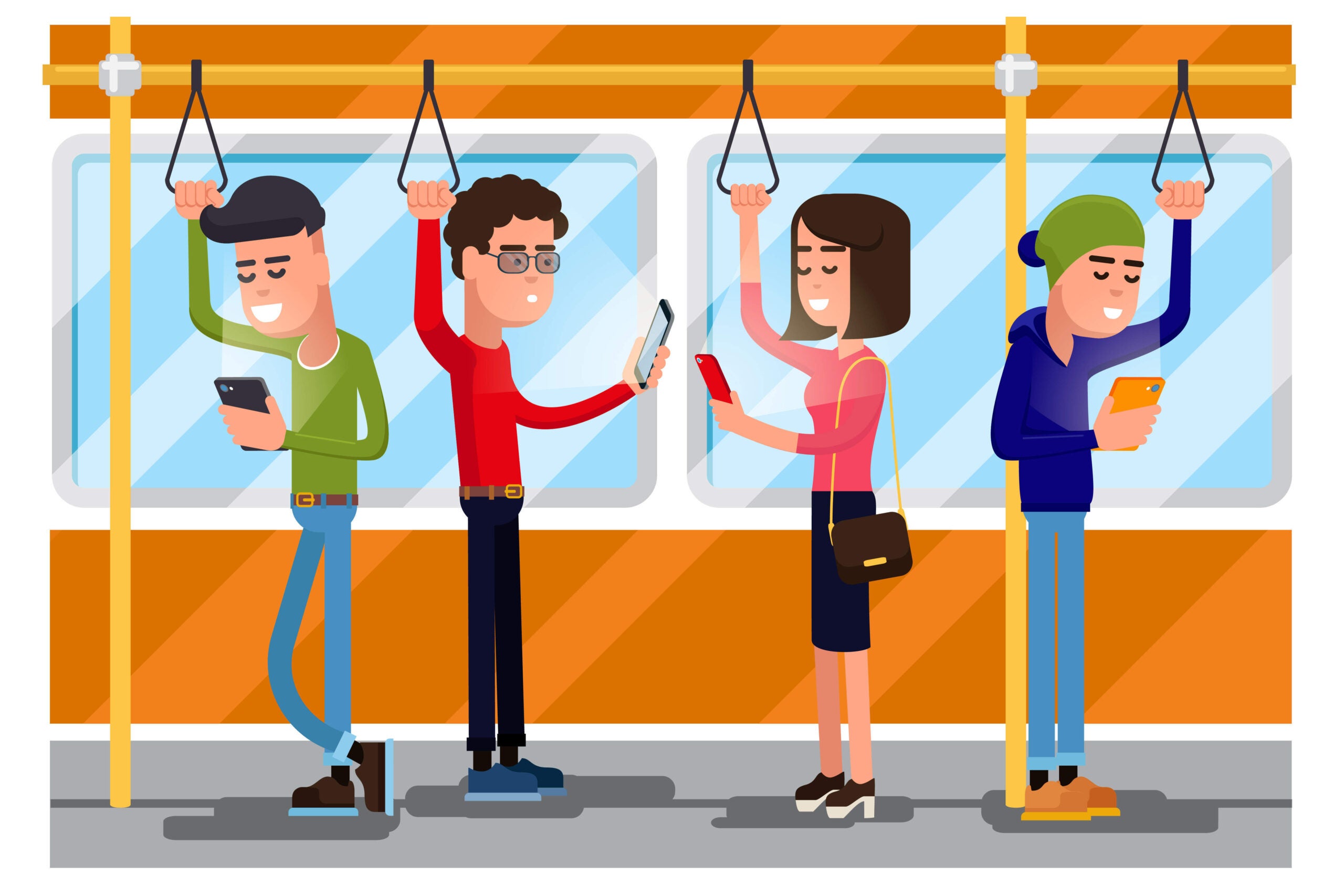Londoners will have mixed views tube passengers being able to use mobile phones on the tube. Digital natives often bemoan the lack of cellular connection on the Underground.
But this isn’t just about placating millennials: this project will mean new income and improved public safety responses.
Whilst this will be new for Tube riders: London is frankly quaint.
Metro users in Berlin, Paris, Stockholm, Hong Kong, Shanghai, Toronto and New York take this for granted.
In the always connected world, the present situation of severing the cellular umbilical cord would only have been tenable for so much longer.
Whilst typically a technology leader, Transport for London (TfL) still hasn’t got full wifi coverage at all its stations.

US Tariffs are shifting - will you react or anticipate?
Don’t let policy changes catch you off guard. Stay proactive with real-time data and expert analysis.
By GlobalDataBut appeasing smartphone users is only one of the reasons why TfL is looking at more coverage.
User data is a key currency for any business today and free wifi has given retailers in-depth consumer insight and the opportunity to up sell.
TfL is exploring similar strategies with its own wifi rollout.
A great example of the power of transport data is CityMapper’s new bus service.
An application developer developing a physical service in the meat space shows the confidence in and the strength of passenger data.
TfL will hope its own mobile connectivity and wifi sourced passenger data will help them be as revolutionary in service design.
A more compelling reason is new income.
TfL takes £9bn in revenues annually. This sounds a lot but with ageing infrastructure to maintain along with costly capital projects and decreasing government support, the agency can’t afford to leave money on the table.
By building out communications infrastructure, TfL will be able to compel mobile network operators to pay access fees.
After all as soon as one pays, fear of losing subscribers means they’ll all have too.
There’s also the issue of the new emergency services communication network.
By 2020, emergency services workers will replace radios with mobile phones.
It’s a highly problematic project, but regardless given the security climate it’s unthinkable that the emergency services won’t be able to talk to one another underground.
For so many reasons, a London Underground mobile network makes sense.
But most crucially it is about using technology to improve services and deliver new revenues, without commuters even knowing it.







